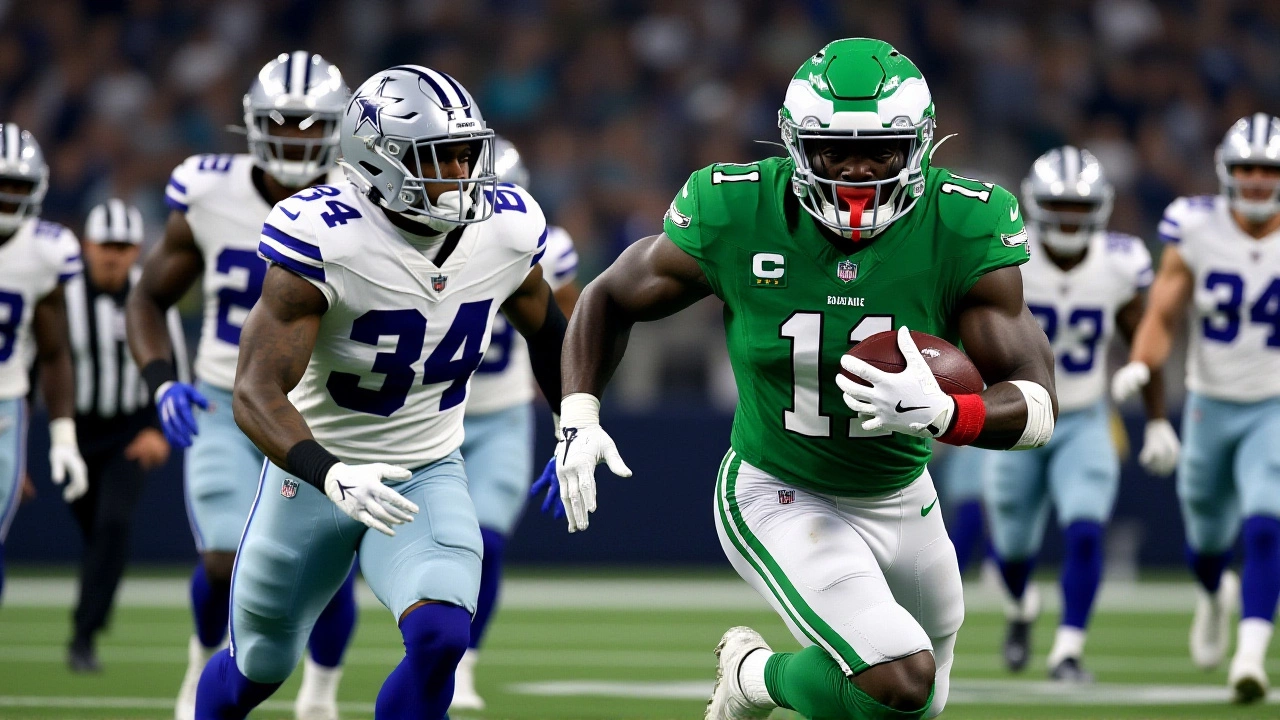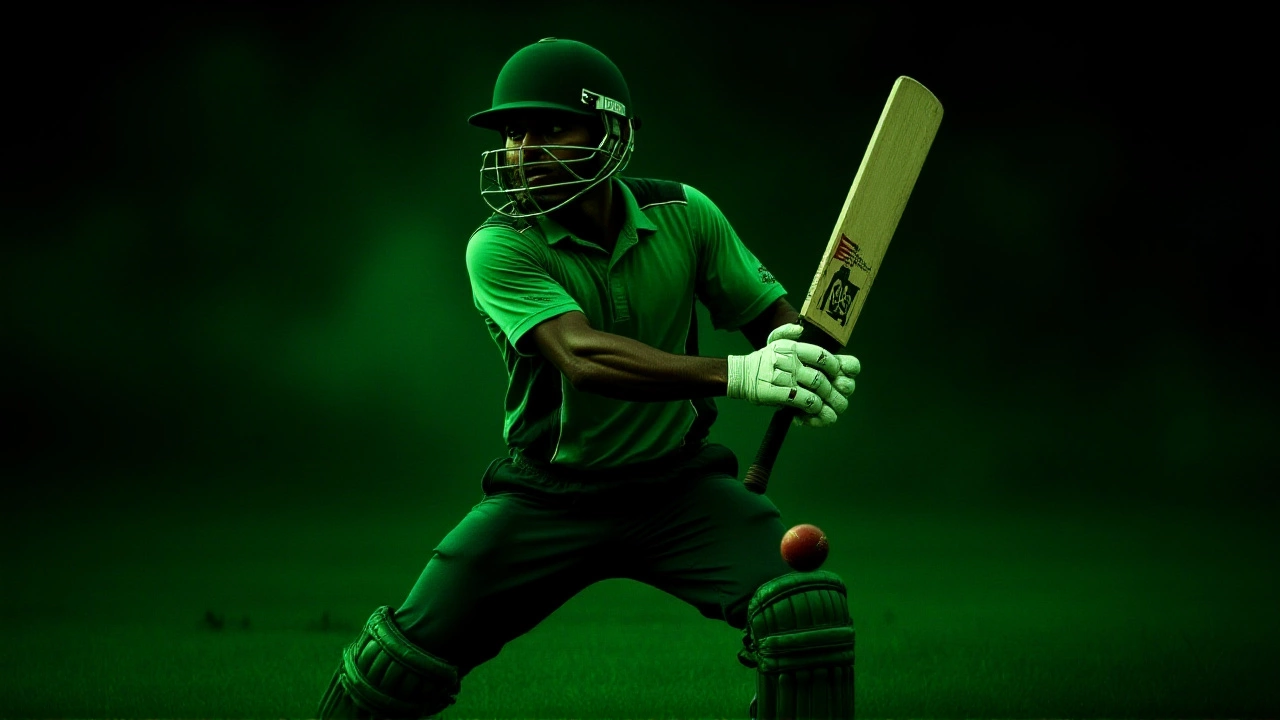Carnforth Rugby Club – Your Local Rugby Hub
Looking for the biggest rugby buzz in Carnforth? You’re in the right place. Here you’ll find fresh match reports, upcoming game dates and everything you need to get involved with the club.
Latest News & Match Updates
We post match scores straight after the final whistle, plus quick player spotlights and fan reactions. Missed a game? No problem – our summaries give you the key moments, try‑scoring highlights and any post‑match drama.
Join the Carnforth Rugby Family
Thinking about signing up? Check out our simple membership guide, training times and how to book a trial. Whether you’re a seasoned prop or just love watching the scrums, there’s a place for you on the pitch or in the stands.
Stay on the loop by subscribing to our newsletter, following our social feeds, or popping into the clubhouse on match day. From youth teams to senior squads, Carnforth Rugby Club is where the community plays, cheers and grows together.
Russian Escort Services: The Reality Behind the Myth
Russian escort services are often glamorized, but behind the scenes, they're built on exploitation. This article reveals the truth about recruitment, trafficking, and the false promises behind the industry.
full articleBrunette Bordeaux Escort: Real Interviews with Women in the Industry
Real interviews with brunette escorts in Bordeaux reveal a world of choice, dignity, and quiet resilience. Beyond myths and stigma, these women share what they truly want clients to understand.
full articleHow to Pick the Perfect Lingerie for Your Professional Persona
Learn how to choose lingerie that supports your professional presence without drawing attention. Discover fabric tips, fit secrets, and color choices that make you feel confident and in control at work.
full articleMet Office Issues Yellow Warnings for Heavy Rain and Strong Winds Across UK This Weekend
The Met Office has issued Yellow Weather Warnings for heavy rain and strong winds across the UK from November 28 to December 1, 2025, with potential flooding, travel chaos, and life-threatening conditions in exposed areas.
full articleDame Judi Dench Likely Retires After 65-Year Career as Macular Degeneration Ends Her Acting Journey
Dame Judi Dench, 89, is likely retiring after 65 years in acting due to macular degeneration, ending a legendary career that included Oscar wins, Shakespearean mastery, and iconic roles as M in James Bond films.
full articleDak Prescott rallies Cowboys from 21 down to beat Eagles 24-21, breaks Romo's record
Dak Prescott led the Dallas Cowboys to a historic 24-21 comeback win over the Philadelphia Eagles on Thanksgiving, overcoming a 21-point deficit and breaking Tony Romo’s franchise passing record — the largest rally in the 64-year rivalry.
full articleJiménez’s Late Heroics Seal 1-0 Fulham Win Over Sunderland in Biblical Rain at Craven Cottage
Fulham FC beat Sunderland AFC 1-0 in torrential rain at Craven Cottage, as Raúl Jiménez scored the winner in the 84th minute. Despite 79% possession for Sunderland, Fulham's defensive grit secured a vital Premier League win.
full articleCloudflare Outage Takes Down X, OpenAI, Anthropic Amid Backend Failure
A global Cloudflare outage on November 18, 2025, crippled X, OpenAI, and Anthropic due to a backend failure — not network issues — exposing the internet's dangerous reliance on single-point infrastructure providers.
full articleBangladesh Dominates Ireland in Test Series as Mushfiqur Rahim Hits 100th Test Milestone
Bangladesh defeated Ireland by an innings in the first Test of their 2025-26 series, while Mushfiqur Rahim played his 100th Test. Andy McBrine shone for Ireland, but Bangladesh's dominance continues across formats.
full articleThe Jetty Becomes 2024’s Most-Watched British Crime Drama with 6 Million Average Viewers
The Jetty, starring Jenna Coleman as a detective in Lancashire, became 2024’s most-watched British drama with over 6 million average viewers, blending haunting visuals, controversial themes, and award-winning performances.
full article








